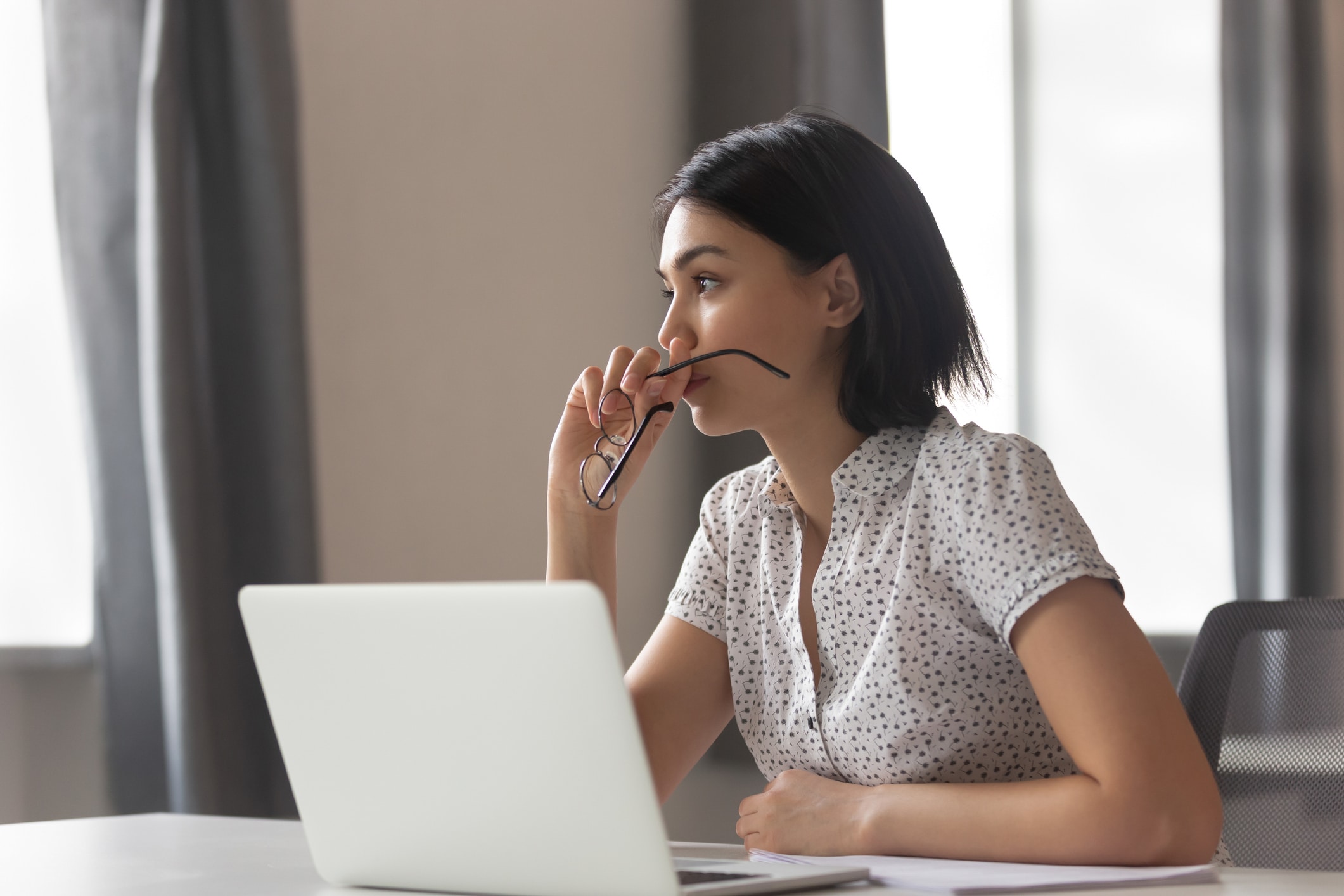There’s no two ways about it: we’re living in extremely uncertain times.
With the pandemic still raging and the restrictions around what you can and can’t do constantly changing, it can be easy to become overwhelmed and not know which way is up.
“Uncertainty creates anxiety,” explains psychologist Dr Maryhan Baker, indicating why so many of us might have been struggling recently. According to the Mental Health Foundation, the pandemic has caused 82% of UK adults to experience stress, and this could be due to all the uncertainty we’re facing.
These are Baker’s top tips to “help reduce your anxiety levels”, she says, “whilst also creating your own little haven of certainty.”
1. Establish a daily routine
“This is so key as it provides a framework to the day and creates your own certainty,” she says. “You don’t have to be too rigid, just simple things such as what time you wake up, have lunch, end your workday, and time for whatever leisure or social plans you have that day.”
Whether you’re still adjusting to working from home or are dealing with the uncertainty of being on furlough or losing your job due to Covid-19, structure can help give your day purpose.
2. Reflect on what you’re grateful for
Baker suggests taking time out of each day to write down the things you’re grateful for. “It’s the simple things which count here; the call you had with a good friend; the sunshine as you popped out to buy food; the smile a stranger gave you as you passed them,” she says. “A daily practice of gratitude helps us reframe our thinking and has been shown to improve emotional wellbeing.”
It’s the kind of positive habit worth carrying on even when you’re not feeling stressed and anxious, as it’s a good opportunity to slow down and practice a little mindfulness.
3. Exercise regularly

As much as you might not want to go out for a run when it’s cold and dreary, you’ll almost certainly feel so much better afterwards. “Exercise helps release endorphins, boosts our mood, and clears our head of all that internal chatter,” Baker explains. “It’s essential for good mental health, so don’t skimp on this. It can be as simple as stretching exercises indoors, or as rigorous as a run. You choose what your body needs each day.”
The results back this up, with the Mental Health Foundation finding six in 10 UK adults who experienced stress in the pandemic said walking helped them cope.
4. Unplug from technology
With Brexit, the US election and everything else happening in the world right now, it’s easy to be constantly on your phone refreshing your news app to see what’s happened. However, Baker recommends you “limit your exposure to news, social media, or digital forums which heighten your anxiety levels or magnify the uncertainty you are feeling.”
5. Take some time for yourself

When we’re busy and stressed, we so often forget to show ourselves some love – so Baker suggests scheduling time “each and every day for some self-care”. She says: “This tends to be the lowest on our priority list when we are in ‘firefighting’ mode, and yet it can be the most effective way of reducing anxieties from uncertainty.
“It doesn’t have to be anything grand, maybe a long soak in the bath with candles, a leisurely coffee outside, a walk in the park, an hour spent reading a book, or watching a movie under a duvet on the sofa.”
